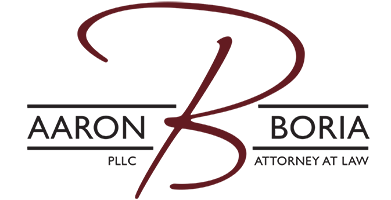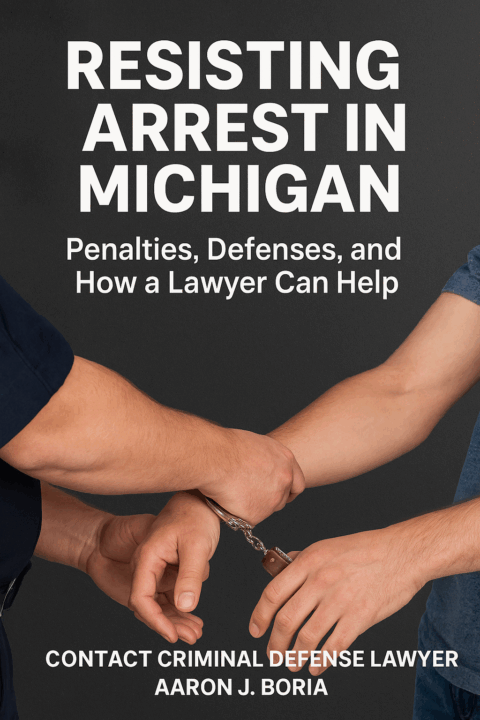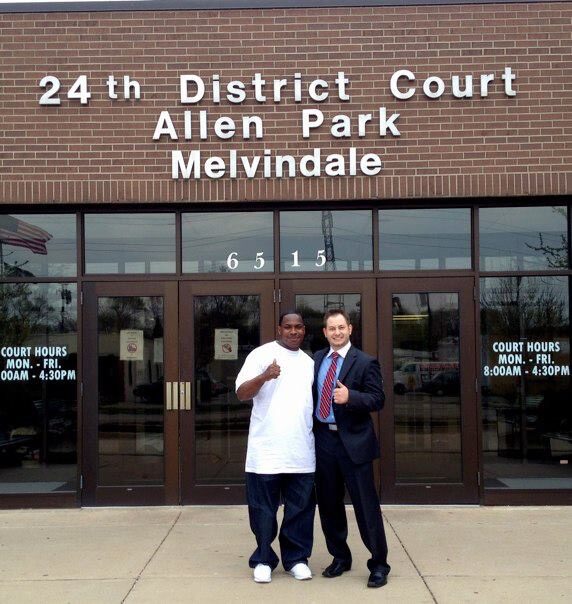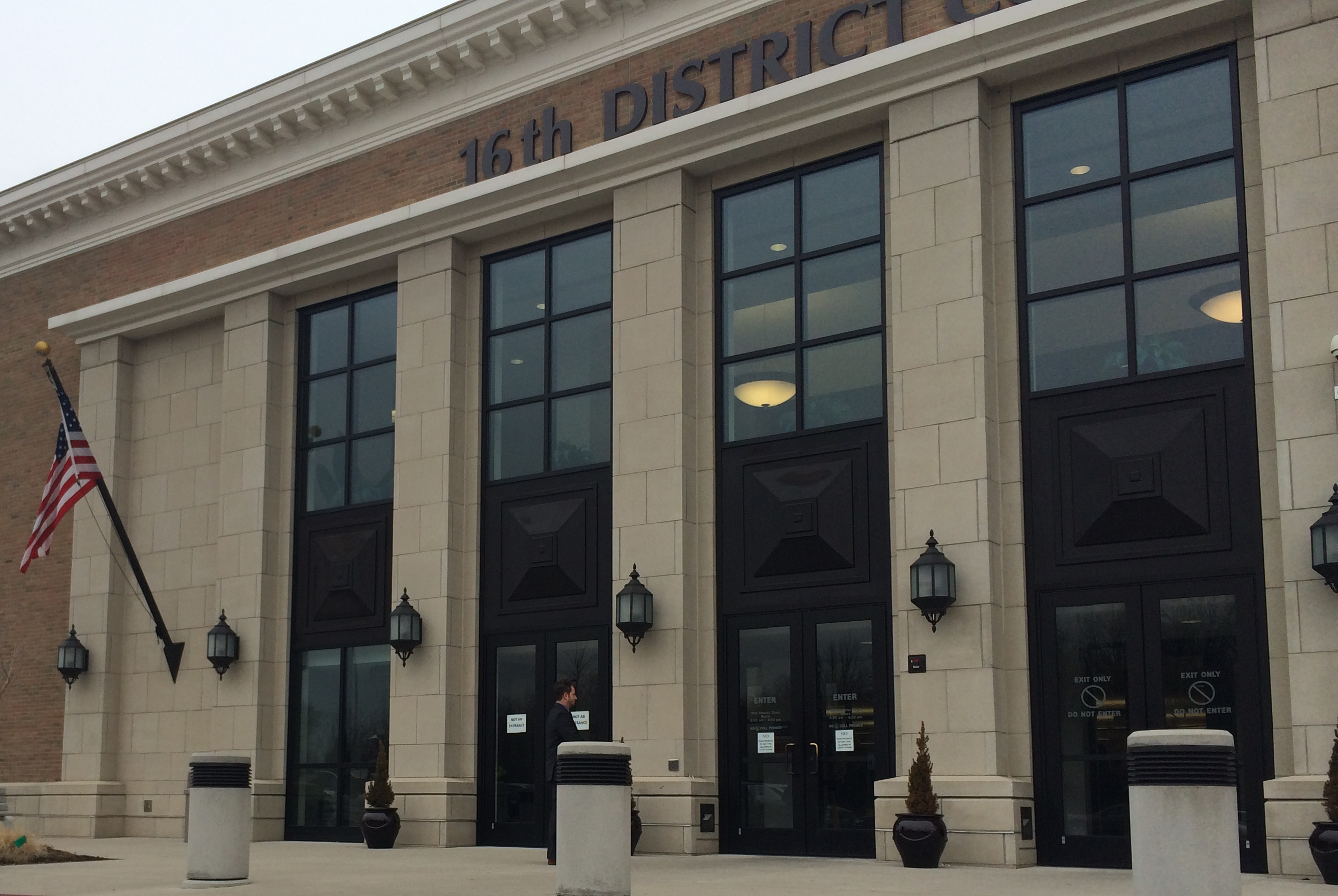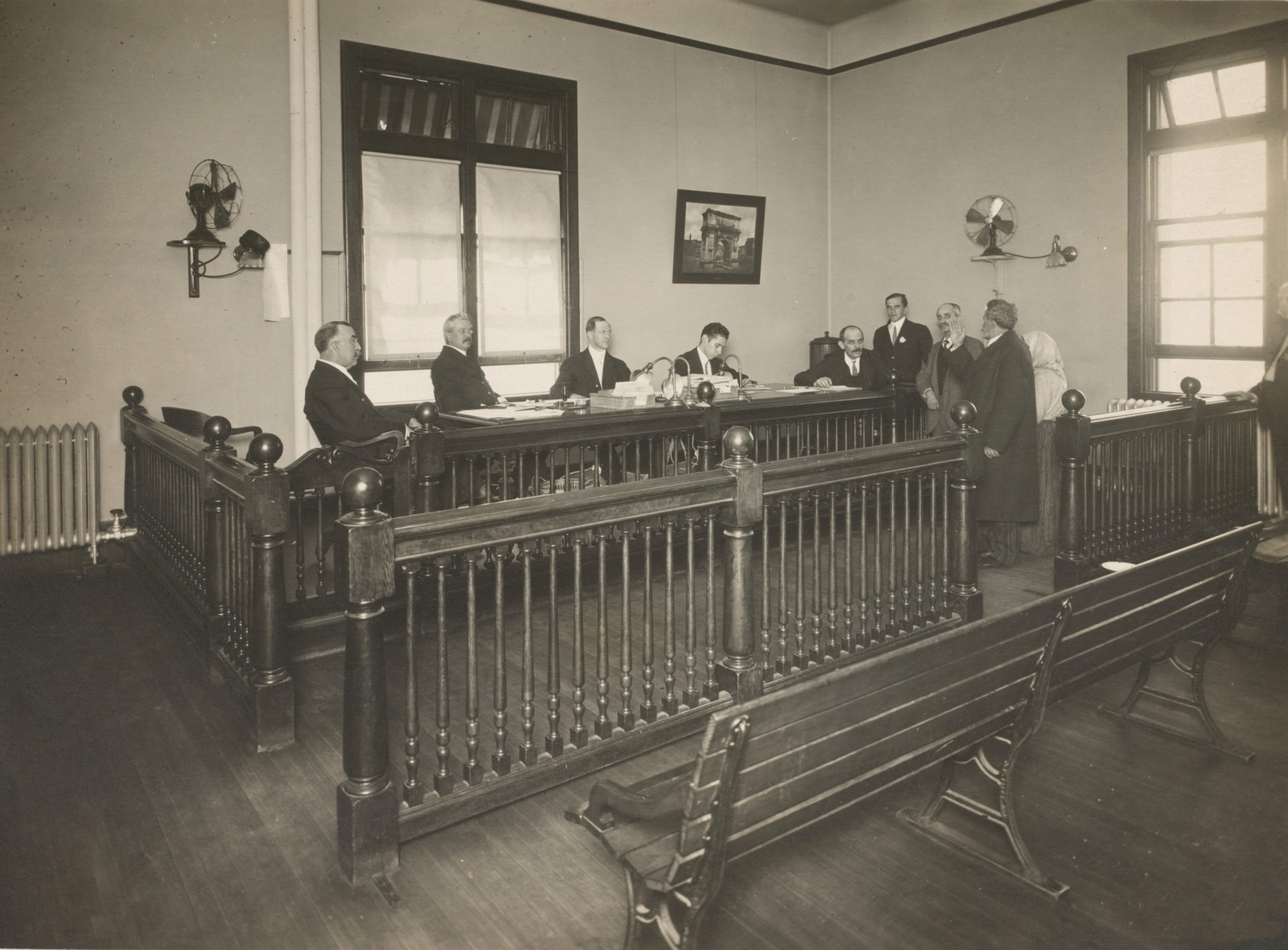
What Happens at a Trial?
This blog post is part three in a series aimed at informing the public about the confusing and unfamiliar court procedure if you have been accused of a crime.
At the criminal defense firm of Boria Law – Criminal Defense Attorney, we know how frightening it can be when charged with a crime and the uncertainty of the court process. We hope this blog series is informative and provides some relief to the confusion.
If you have been charged with a crime in the state of Michigan, call Boria Law – Criminal Defense Attorney today for the best representation possible. (734) 453-7806.
What Happens in Court?
If you missed any part of our blog series click the link below:
Part one “What Happens at an Arraignment?”
Part two “What Happens at a Pre-trial?”
Part four “What Happens at Sentencing”
Call (734) 453-7806 today for a free consultation. Click here to view Aaron J. Boria’s profile.
What Happens at a Trial?
A trial is very structured, more so then any other procedure in the court system.
A trial starts with voir dire. Voir dire is fancy legal word that means to pick your jurors. At this point your lawyer will ask potential jurors questions to determine who will be a good juror for your particular case and who may be a bad juror. Some jurors will be excused for a reason, the most common reason a juror is excused is because they show some bias. Your lawyer also has a limited number of peremptory challenges, these challenges allow your lawyer to excuse any juror at all without giving a reason.
Opening statements will happen after the jurors have all been picked. In an opening statement the prosecutor will go first and tell the jury what they believed happened and why they should find the defendant guilty. Your lawyer will go second and tell the jury your side of the story and why they should find you not guilty.
Next, the prosecutor presents their case in chief. A prosecutor goes first, presenting witnesses and introducing evidence because the burden is on them to prove their case. If a prosecutor cannot prove their case you are entitled to a not guilty verdict. A prosecutor must present the witnesses against you or the case will be dismissed. The prosecutor cannot call the person accused, the defendant, to the stand. Only you can decide if you want to take the stand. Your lawyer will cross-examine any witnesses against you in order to expose biases, lies, and other problems with the prosecutor’s case.
Once the prosecutor has finished presenting their witnesses you will be able to testify, or present any witnesses of your own, but you don’t have to do anything because the burden to prove guilt is on the prosecutor. You do not have to prove anything at all. Attorney Aaron J Boria has obtained multiple not guilty verdicts without ever calling a single witness to the stand.
Once all of the testimony is complete the prosecutor will give a closing statement, then your lawyer will provide their closing statement, summarizing all of the evidence or lack of evidence. Finally, the prosecutor gets a rebuttal.
After closing, the jurors will go back to the juror room and render an unanimous verdict. This means that every juror has to agree that the person is either guilty or not guilty, the jurors cannot disagree with the verdict.
If you are found Not Guilty you get to leave the court a free person. The court loses jurisdiction and any bond conditions are terminated and your bond is returned.
If you are found Guilty you will be given a sentencing date and will come back for that. See Part four of this series to find out “What happens at Sentencing?”.
Plymouth Criminal Defense Lawyer
Aaron J. Boria is your premier Michigan criminal defense lawyer located in the heart of Plymouth. We have the experience of countless trials and wining, including at the 35th district court in front of all three judges, and at courthouses across the state. We know what you can expect before it happens and we are here to guide your through the process.
Call Plymouth criminal lawyer, Aaron J. Boria today (734) 453-7806.
